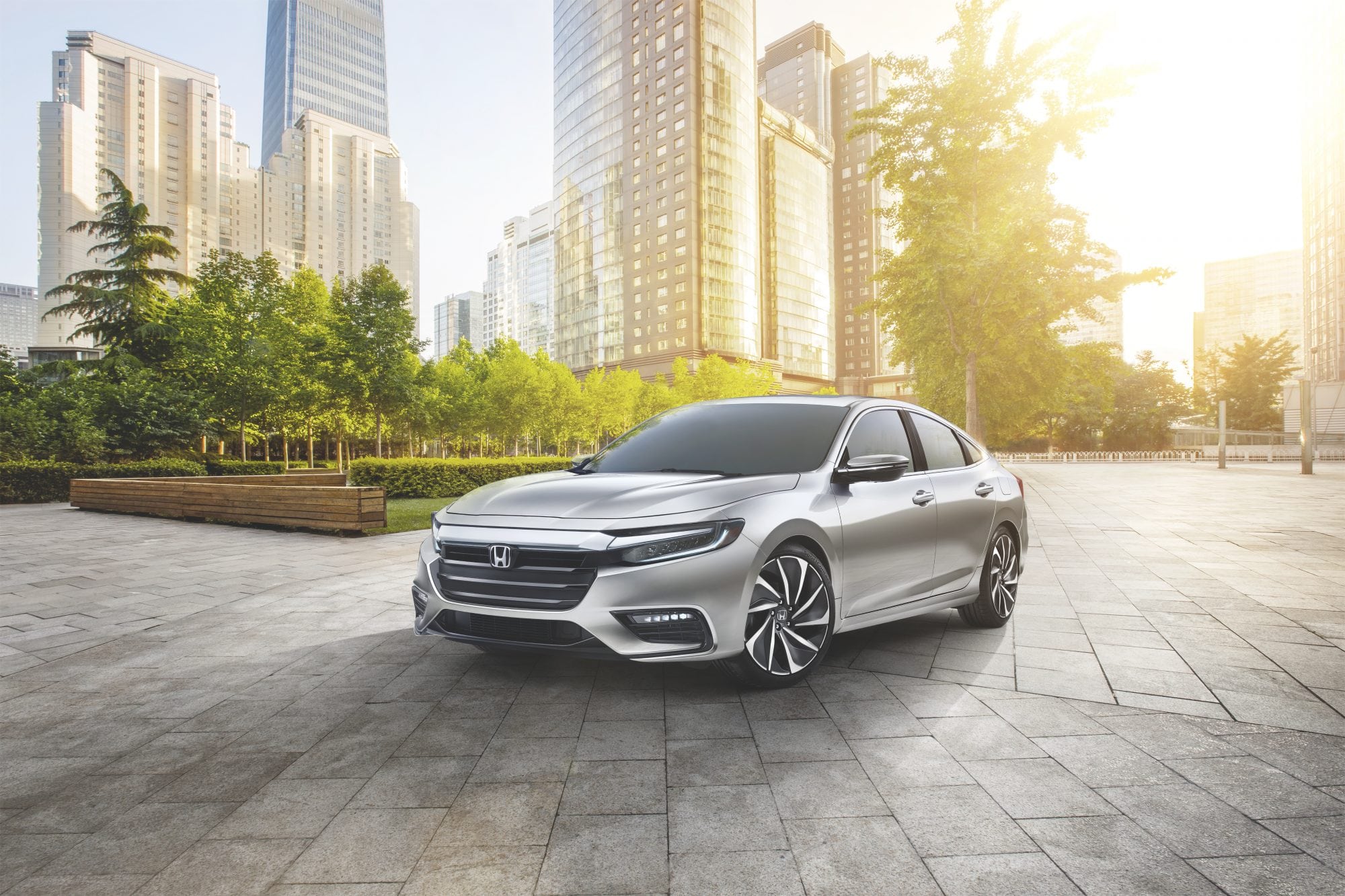Buying a car is no simple process. It involves a lot of thought, planning, and decision making. But one of the hardest decisions in the buying process for most is whether to buy a new car or a used car. There are, of course, pros and cons that come hand in hand with each. But at the end of the day, your final decision will fall down to personal preference and what suits you best as an individual. After all, we all have different wants and needs! However, to make the process a little easier for you, let’s take a look at some of the key things you need to consider before your making your mind up.
Buying New
Of course, buying new is generally considered the ideal option when it comes to getting your hands on a car. It’s yours from the start. This means that there aren’t any faults, stains, or marks that you have to settle with as part of the package. It will be fresh from the factory and you will be its first owner. It will also have minimal mileage, as smooth a ride as possible, and more up-to-date features included. You can also almost guarantee it will be meeting the latest safety regulations. If this is everything that you could wish for, here are some of the things you need to take a look at before settling on the new car of your dreams.
Financial Options
When you buy a brand new car, you will generally opt between one of two major financing options. The first is to save a lump sum and pay for the vehicle outright. This is relatively rare, however, as cars come at a price and to pay all at once is unfeasible or unrealistic for most. The second and much more common option is to take out a finance plan. This means that you strike up a deal with your dealer where you will generally put down a deposit and then pay the sum back in monthly installments plus interest. While you will end up paying a little more in the long run, it makes purchasing the vehicle much more simple and a genuinely viable option.
Buying at the Right Time
You can purchase a new vehicle at pretty much any given moment. Sales staff are pushing for sales year round and will go out of their way to secure the commission that they receive with each. However, for your own benefit, it’s better to be patient and tactical with your timing when it comes to purchasing a brand new car. Discreetly find out when your dealers are approaching the end of their quarter. Around this time of year, they are more likely to offer deals and offers that would be unheard of at any other time. Why? Well, they will be preoccupied with getting in as many sales for their statistics before the end of the quarter as possible in order to receive promotion and bonuses. So strike while the iron is hot!
Buying Used
While there are obvious benefits to buying new, there are certain circumstances where this might not be your best bet. If you’ve only recently passed your test, you might not want to risk taking a brand new vehicle worth more money straight onto the road. You’re much more likely to experience bumps, scrapes, and minor accidents as a new driver. This is to be expected to an extent, as you are still getting to grips with driving without an instructor keeping an eye on your every move. Another gripe that people tend to have with brand new vehicles is the fact that they immediately lose value as you drive off the forecourt, as they become used. Whatever your reason for leaning towards a used vehicle, it’s important to remember that you need to give it equal thought to buying a new car. After all, it’s what you’re going to be driving around almost every day, and you’re still going to be investing a relatively large amount of money into it. Here are some things to consider!
Warranty
Generally speaking, warranties are something more often associated with new cars rather than used cars. A warranty is essentially a guarantee, usually offered by the vehicle’s manufacturer. They cover your vehicle for a specified period of time or number of miles travelled following purchase. If there is some sort of malfunction with your vehicle during this time or distance, the agency offering the warranty will usually repair or replace the vehicle free of charge. However, believe it or not, you can actually get a warranty on used vehicles too! There are plenty of benefits of a used car warranty. However, before taking one out, make sure that you know exactly what you’re signing up for and what you can get. Consider how long the warranty lasts, the coverage cost, and its BBB (or Better Business Bureau) rating. As with any form of contract or agreement, also be sure to read any small print.
Checking the Condition of the Vehicle
If you’re buying second hand, you need to bear in mind that every seller might not be as honest as you’d hope. While they should inform you of any faults or problems, they may brush these under the carpet in hopes of making a quick sale. This is why you should always view and test drive a vehicle yourself before handing over any deposit or payment. If you’re unfamiliar with vehicles yourself, take someone with a little know-how along with you. They will be much more likely to pick up on more discreet problems or potential issues in the making. The test drive will also give you a feel of how it will perform on the road. After all, there are plenty of cars that look in perfectly good nick but can’t even get off the starting blocks out there!
As you can see, purchasing a car can be a drawn out and difficult process. But it’s always better to be patient and thorough with your selection process than to rush into a sale only to find yourself left with something that isn’t quite ideal and doesn’t suit your wants and needs.







